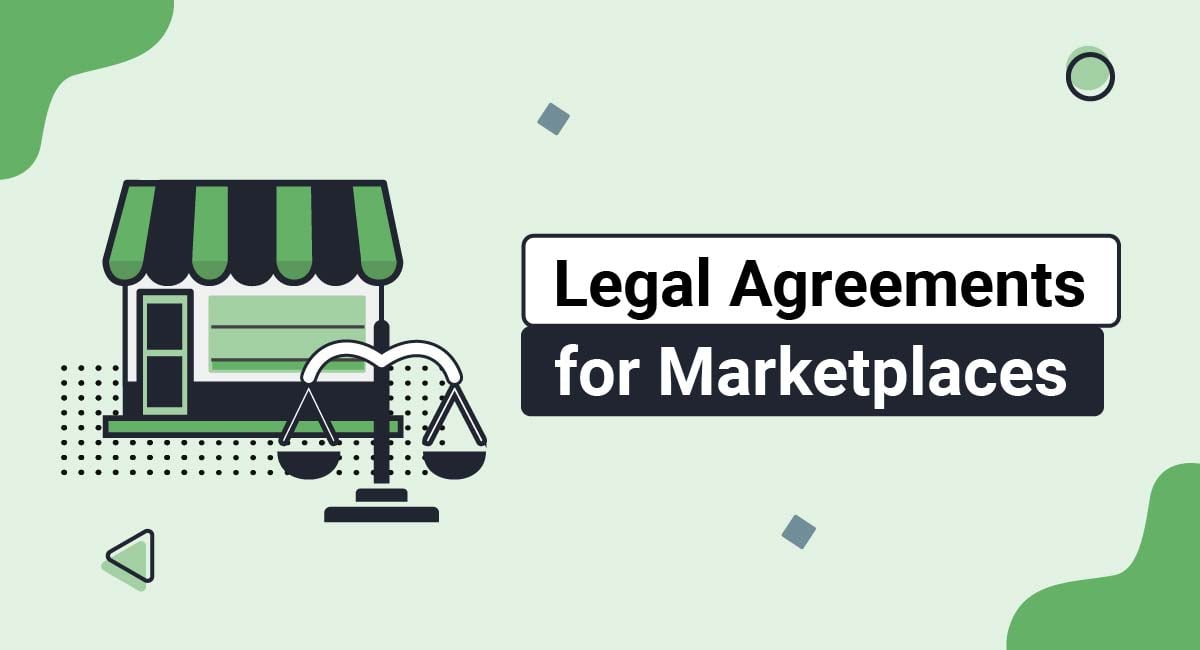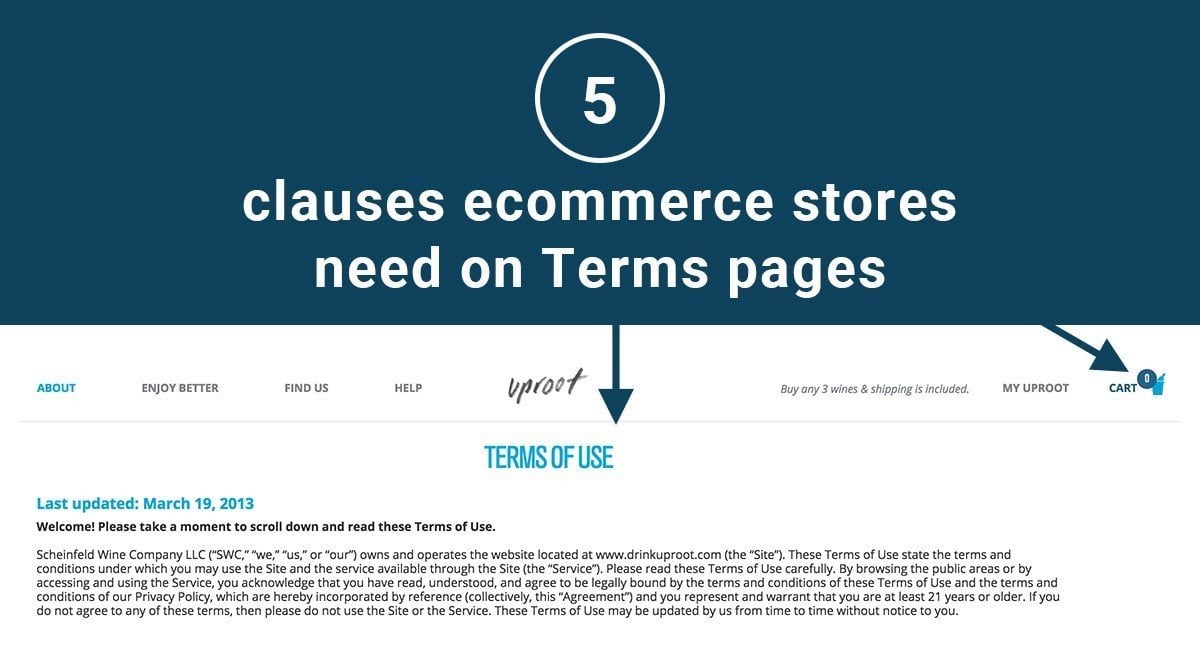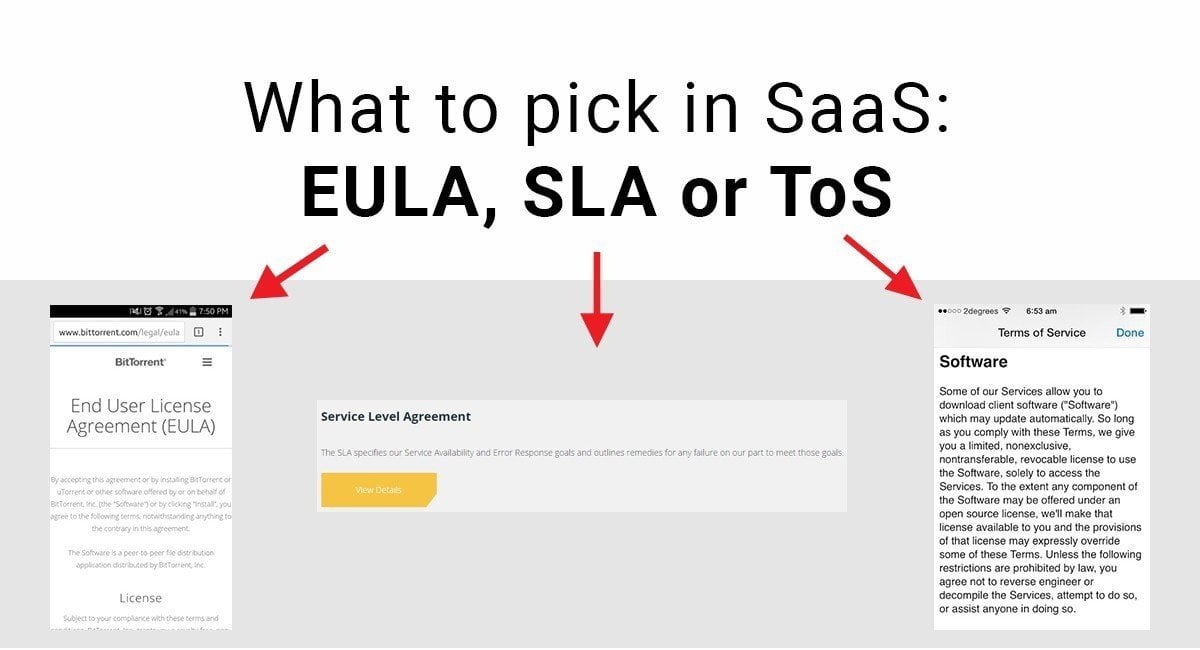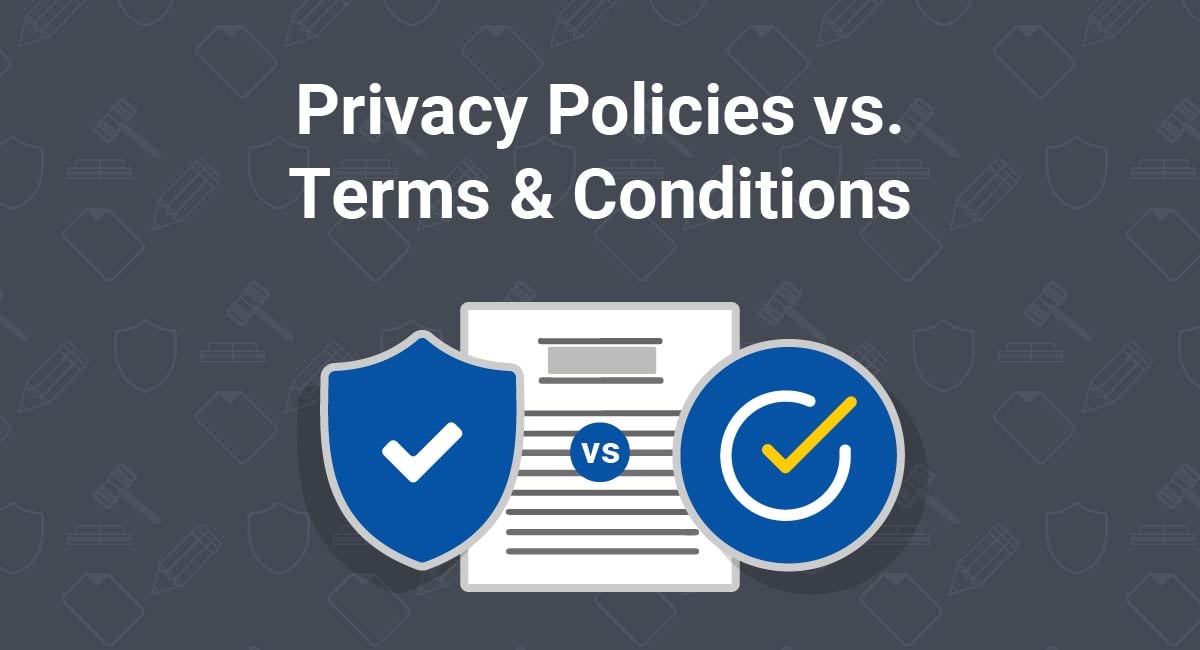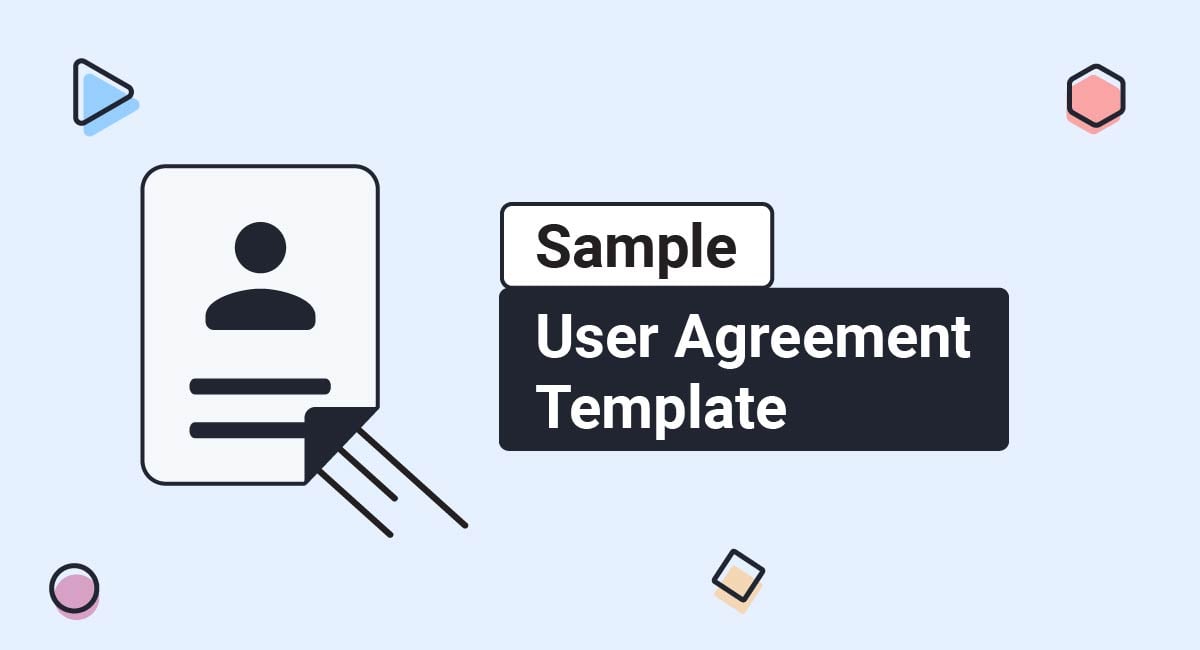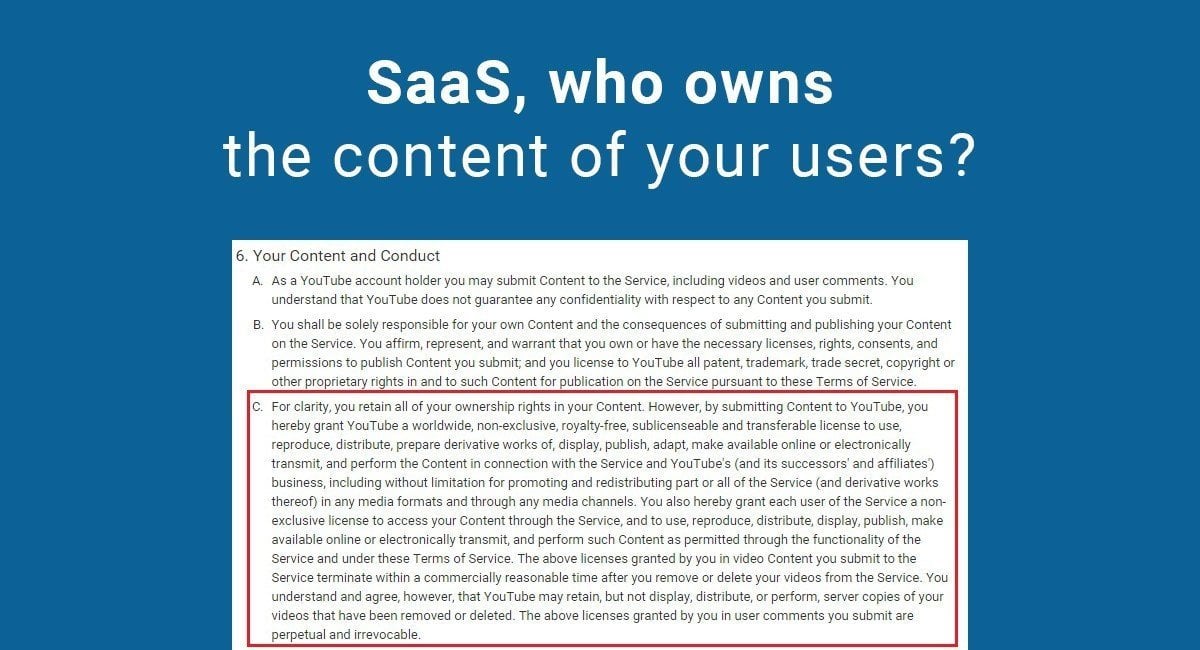Blog: Terms & Conditions Agreements
Page 13
Navigate
-
EULA Agreements
-
Cookies Policy Agreements
-
Disclaimer Agreements
-
Privacy Policy Agreements
-
US Privacy Laws
-
Return Policy Agreements
-
Legal Requirements
-
EU Privacy Laws
-
Terms & Conditions Agreements
-
How to
-
Asia Privacy Laws
-
CA Privacy Laws
-
Consent
-
Templates
-
Consumer Privacy
-
AU Privacy Laws
-
LatAm Privacy Laws
-
Clauses
Legal Agreements for Marketplaces
Many international, federal, and state privacy laws require organizations that handle individuals' personal information to maintain clearly written and up-to-date legal policies on their websites and apps. Online marketplaces rely on the collection and processing of personal information to complete transactions between buyers and sellers, making legal policies a necessity for...
5 Clauses Ecommerce Stores Need on Terms Legal Pages
Terms and Conditions for e-commerce stores (also known as Terms of Use or Terms of Service) are regularly used to cover off a wide range of issues, but it's crucial to make sure you cover the clauses you add in that agreement that will protect your business. To do this, here...
What to Pick in SaaS: EULA, SLA or ToS
Software-as-a-Service (SaaS) is becoming more widely used and service-based offerings are becoming the new normal for vendors. But the legal agreements involved for new businesses operating SaaS apps are still confusing for many people. Should you use a Terms of Service (ToS) when you sign up new users? What about an...
Privacy Policies vs. Terms & Conditions
The main difference here is that a Privacy Policy is required by law if you collect or use any personal information from your users, e.g. email addresses, first and last names etc. while a Terms & Conditions agreement sets forth terms, conditions, requirements, and clauses relating to the use of...
User Agreement Template
A properly written User Agreement can help provide legal protection for your business as well as inform users about their rights and responsibilities when using your website, apps, products, or services. This article goes over everything you need to know about User Agreements, including why you should have a User Agreement,...
SaaS, Who Owns the Content of Your Users?
When you create a SaaS product, user-generated content is one of the most common ways to build and grow a community within that app. But if that content is created by users rather than you, who owns it? In intellectual property law, copyright is automatically granted to an original work. This...
